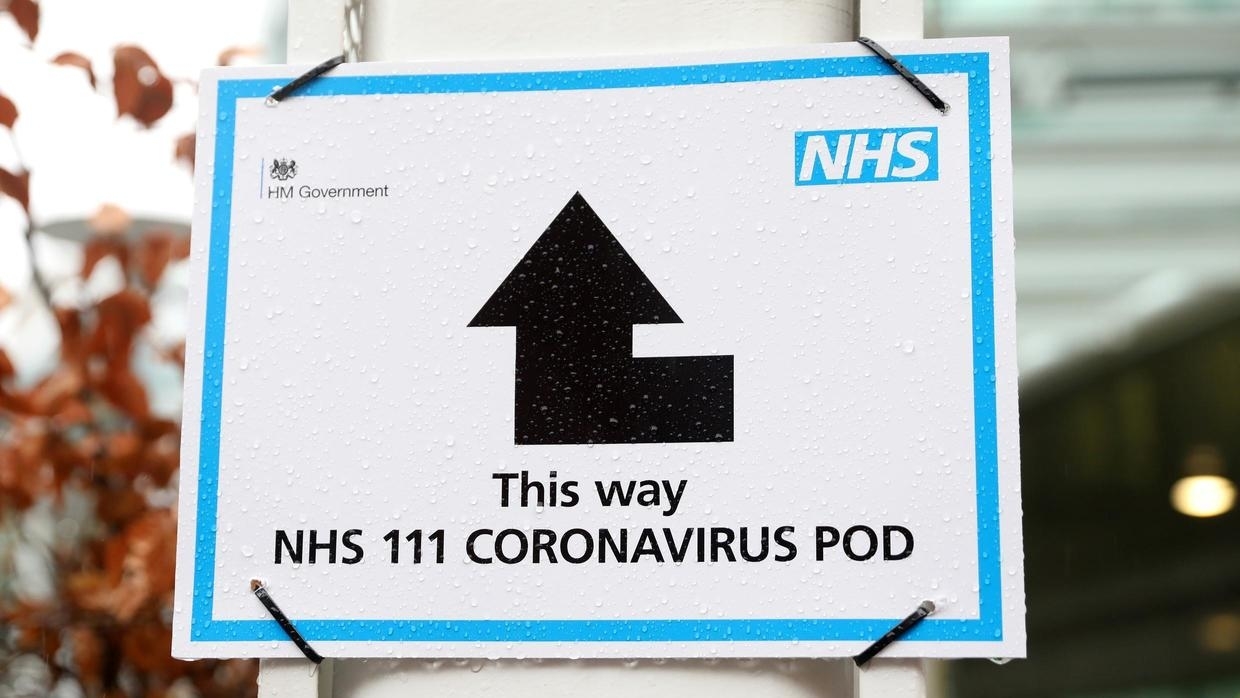
According to data from human resources data company XpertHR, British employers have offered the highest annual pay increases in 32 years during the three months ending in January.
However, these pay increases are still lagging behind the double-digit inflation the country is experiencing. The median basic pay settlement during this period increased from 5% to 6%, their highest level since September 1991.
Although the results of the survey were in line with XpertHR's provisional data published on February 3, it is worth noting that the basic pay growth rate has been on a steady upward trend since the start of the year. This means that January data could be an indication of where wage deals are heading.
Sheila Attwood, senior content manager at XpertHR, highlighted that while many businesses want to keep pace with inflation and support their staff financially, many cannot afford pay increases of such magnitude. The cost of living has been skyrocketing, with consumer price inflation hitting 10.1% in January, though it cooled slightly from a 41-year high of 11.1% in October.
Attwood added that pay disputes have been a key factor in tensions between employers and their employees, with strikes by nurses, public transport staff, and teachers among recent examples.
Meanwhile, the Bank of England is concerned that rising wages could delay its efforts to bring inflation back down to its 2% target. Governor Andrew Bailey has expressed worries about wage-setting, despite indicating that the tide is turning on inflation. Official data from the Office for National Statistics has shown that basic pay grew faster than expected in the last quarter of 2022, with average weekly earnings, excluding bonuses, up 6.7% from the previous year, the fastest growth rate since records began in 2001, excluding distortions due to furlough support during the COVID-19 pandemic.
As economists polled by Reuters this month expect inflation to average 7.0% this year and 2.6% in 2024, it remains to be seen whether pay settlements will keep pace with inflation. In the short term, many workers may continue to press for higher wages as they struggle to cope with the high cost of living. Photo by Qautrik, Wikimedia commons.































































